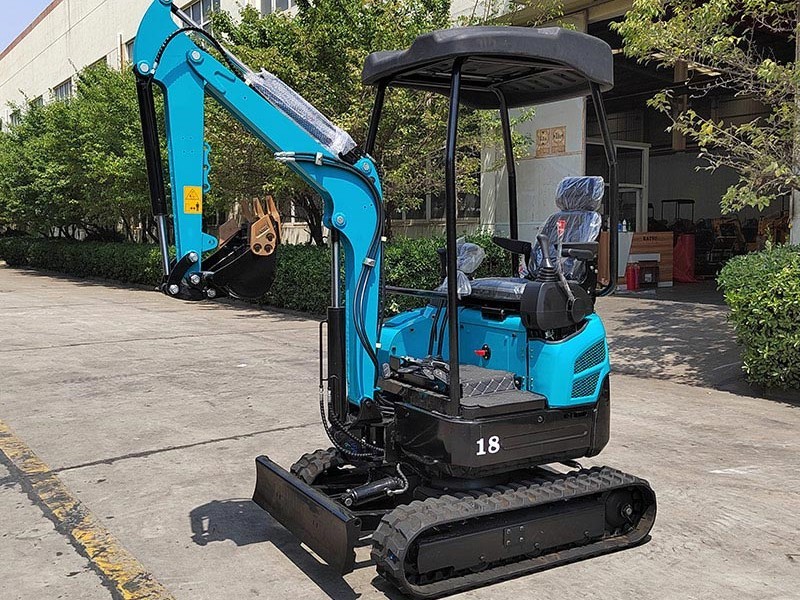There are several factors to consider when choosing the right excavator for your needs. Here are some guidelines to help you determine the size of excavator you need:
Type of work: The size and type of excavators vary according to the type of work they do. For example, large excavators are suitable for digging large amounts of earth, while small excavators are suitable for small spaces or delicate work. Choose the right excavator for your job type and needs.
Working environment: The size of the excavator is also affected by the working environment. In small spaces or indoor operations, small excavators are more suitable, while in large open-air operations, large excavators can complete the work more efficiently. Choose an excavator that is the right size considering your operating environment.
Load capacity: The load capacity of the excavator is one of the important factors in selecting the size. Choose an excavator with adequate load capacity based on your job load needs. Make sure the excavator's load-bearing capacity can meet your operating requirements while avoiding overloading or overloading.
Difficulty to operate: The larger the excavator, the more difficult it is to operate. Large excavators require higher operating skills and experience, while small excavators are relatively easy to operate. Choose the right excavator size for your operation based on your operating skills and experience.
Economical: The price of an excavator is directly proportional to its size, with large excavators generally being more expensive than smaller excavators. Consider your budget and return on investment to choose an excavator size that suits your financial situation. While ensuring that operational requirements are met, purchase and maintenance costs are reasonably controlled.
Repairs and Maintenance: The size of your excavator also affects its repair and maintenance costs. Large excavators require more maintenance and upkeep, with correspondingly higher costs. Choose the right excavator size considering ease of repair and maintenance and cost-effectiveness.
Sustainability and efficiency: When choosing an excavator, you also need to consider its sustainability and efficiency. Although large excavators have a large workload in a single operation, if they are used intensively for a long time, they may cause excessive wear and increase energy consumption. Conversely, a mini excavator may be better suited for intermittent or low-intensity operations while being more energy-efficient and environmentally friendly. Choose the right excavator size based on your operational needs and sustainability goals.
Market supply: Available excavator sizes may vary in different regions and during different time periods. When selecting an excavator, consider local market availability and choose an excavator size that is suitable and easy to purchase.
To sum up, choosing the right excavator size requires considering a variety of factors. Weigh the pros and cons and choose the excavator size that best suits your needs based on factors such as job type, operating environment, load capacity, operating difficulty, economy, repair and maintenance, sustainability and efficiency, and market availability. If you are unsure about choosing the right excavator size, you can seek advice from a professional or the manufacturer for more detailed and specific guidance.
Remember, correct excavator size is one of the key factors in ensuring efficiency and safety on the job. When choosing an excavator, be sure to consider each factor carefully and make an informed decision.
